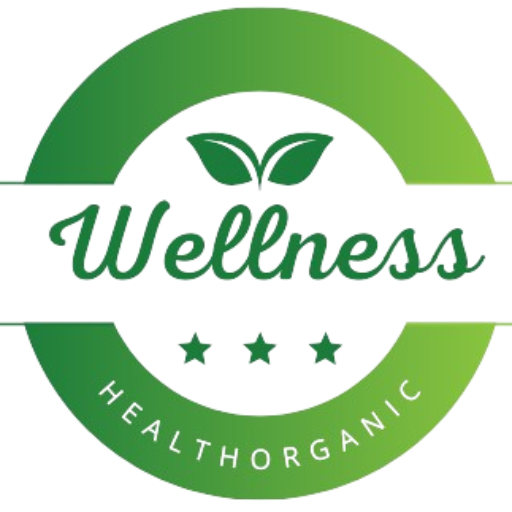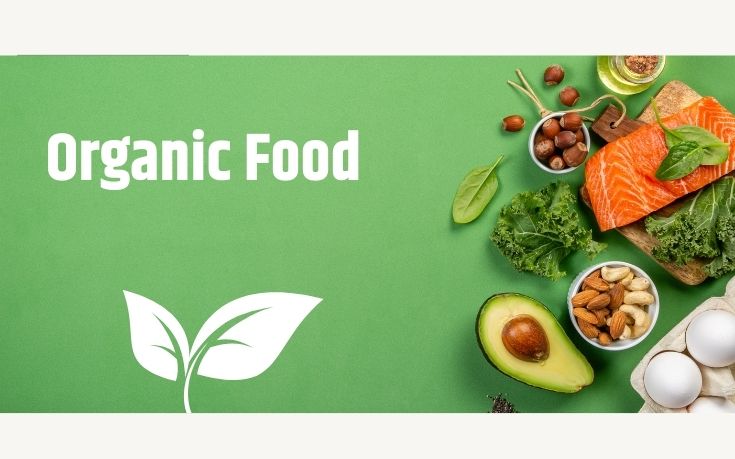Hello, fellow food lovers! Let’s talk about what’s on everyone’s mind organic food Sure, it’s a buzzword in the health and wellness world, but is it truly worth the extra cost? With price tags that can be way higher than those of their conventional counterparts, no wonder many of us raise this question. Let’s dive into the debate, explore the facts, and find out if organic food is truly worth the splurge.
Organic Food
First of all, what is organic food anyway? Fundamentally, organic agriculture focuses on the organic production of crops outside synthetic pesticides and fertilizers, or GMOs—which means genetically modified organisms—not to mention irradiation.
On the other side, when it comes to animal products like meat and dairy, the organic standards exclude not only antibiotics and hormones but also provisions ensuring that the animals receive organic feed, can go out in fresh air, and are well-treated.
It is for these reasons that strict regulations have been framed to deal with environmental sustainability, animal welfare, consumer health, etc. Organic certification includes rigorous inspections and compliance to such practices. Thus, it has proved to be a very comprehensive approach to food production.
Health Benefits: Fact or Fad?
Perhaps the most sweeping generalization about organic food is that it is healthier to eat. But what does the evidence show?
The evidence reveals that through many research efforts, organic foods, in most cases, are high in different kinds of nutrients, especially with an emphasis on being rich in antioxidants crucial for health.
Organic produce often has lower levels of pesticide residues, which is relevant to exposure to chemicals.
Moreover, some research shows that organic types of meat and dairy contain higher amounts of omega-3 fatty acids.
These are very essential for your heart. Inorganic rearing of animal livestock limits the chances of acquiring superbugs due to the non use of antibiotics.
Nutritional differences between organic and conventional foods, however, are not always large. Organic foods may be ahead on a few nutrients, but the health impact depends on many factors, like how good your diet already is.
Environmental Impact of Organic Food
One of the major reasons people go for organic food is environmentally-based. Organic farming methods are created and developed to be much more sustainable and ecological. They work on soil health, biodiversity, and pollution reduction.
Organic farms reject synthetic chemicals that may contaminate soils and water. Natural pest control, crop rotation, and composting applied to keep up the fertility of the soil are retained. This approach fosters healthier ecosystems and contributes less to carbon emissions from farms.
Moreover, the attitude towards animal welfare is more considerate when organic farming is in question.
Livestock is provided with more natural living conditions and required open areas for their movements and organic feed. This does not only benefit the animals themselves but also results in better quality of meat and dairy products.
Taste and Quality
Many people swear to better taste and quality in organically produced food. Some argue that organically grown fruits, vegetables, and meats have richer flavors and better textures. This might be attributed to the methods of farming, often resulting in quality rather than quantity.
Organic produce is generally fresher because it tends to be more locally grown and sold through farmers’ markets or community-supported agriculture programs, and therefore, it spends a lot less time in storage and transit. The result of this process is that more of its natural flavor and nutrients will be retained.
Taste, nonetheless, is a matter of subjectivity, and with most people, really, no difference in taste would be noticed. This perception of better taste may also be conditioned by the knowledge that it is organic, a kind of psychological effect known as the “halo effect.”
The Cost Factor
First of all, let us get the elephant out of the room: the cost. Organic food, in most cases, is more expensive when compared with conventional ones. Intensified labor used in farming, lower yield, and certification is among the factors responsible.
It is certainly dear to many people. Of course, one needs to weigh the pros and the cons against the budget and priorities.
Whereas in some respects, health and environmental benefits would surely compensate for the increases in prices, in others it would be hard to push organics into the umbrella of grocery budgets.
One way to keep costs under control is by concentrating on critical organic produce. The EWG yearly comes up with a list called the “Dirty Dozen,” indicating the produce with the highest residues of pesticides.
Targeting these to buy organically can greatly reduce your consumption of pesticides without breaking your pocket.
Common Myths
Here are some myths about organic food that need to be sorted out. Organic farming does not make use of any pesticides—this one is a very common myth. On the other hand, organic farmers may turn to natural or non-synthetic pesticides; however, generally speaking, these are much more harmless as compared to synthetic ones.
One of the other myths is that all organic food is locally grown. Whereas that might be true of organic farming that supports local agriculture, many organic products are still somehow shipped over long distances. When one desires to eat locally, it is still important to check on the source of the food.
Some believe that organics are always healthier. In principle, all organics have the potential to be healthier, although it is necessary to give regard to the general quality of diet and life habits when considering health.
Real-Life Perspectives
Let’s hear from some real people who have decided to make the change. Take Emily, for example, a mother of two who began to transition to organic produce after her youngest was diagnosed with severe allergies. Not only did the severity of her child’s symptoms start to improve, but also her family’s general health and energy levels boosted.
There is John, a fitness enthusiast, who started consuming organic meat and dairy products. He discovered improvements in the quality and taste of his food, improved performance, and recovery in his workouts.
These stories show that this decision to buy organic often goes beyond simple cost-benefit analyses. Rather, it’s about personal values and health priorities—and sometimes specific health needs.
Final Words
So is the cost of organic food worth it? The answer is a resolute maybe—dependent on personal priorities and budget.
If environmental sustainability, animal welfare, and more reservations toward synthetic chemicals are issues dear to your heart, then the extra cost of organic food may well be justified.
Additional potential health benefits, at times marginal, can also be a very convincing case for many.
A really important thing is to remember the core issue: it’s all about well-balanced food rich in fruits, vegetables, whole grains, and lean proteins, regardless of whether it concerns organic or conventionally produced food.
One can find a balance between health, environmental impact, and pricing through informed choices, prioritizing significant organic items, and local farmers.
Ultimately, the decision to buy organic food is a personal one.
Looking at the facts and debunking the myths, you may then make choices that accommodate your values and needs. Whether it’s all-organic or some mix with conventional, any step in the right direction of mindful eating is going to be right. Healthy eating, happy reading!

